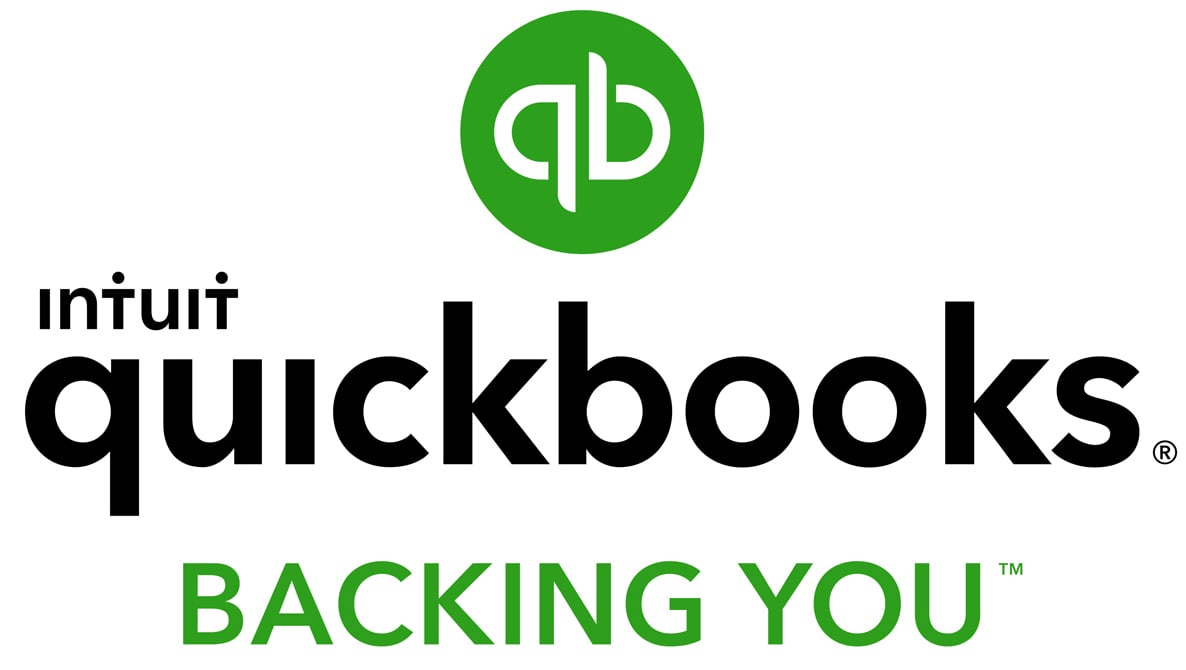7 Business Valuation Methods

Whether you’re thinking of selling your business or you’re looking for new investors, there may come a time where you need to evaluate the economic worth of your business—in other words, when you need a business valuation.
As you might imagine, determining the value of a business isn’t simple—it requires accounting for a number of factors within your business finances. Because this process is so complex, many business owners choose to work with a professional to receive an objective, thorough evaluation of what their business is worth.
This being said, if you need to determine the value of your business, it’s worth understanding how this process works—even if you ultimately decide to hire a professional. In this guide, therefore, we’ll break down the seven most common business valuation methods, how they work, and how each approach may (or may not) be beneficial to your small business.
What Is Business Valuation?
At the most basic level, business valuation is the process by which the economic worth of a company is determined.
As we mentioned, there are different approaches to evaluating the value of a small business, but generally, each method will involve a full and objective assessment of every piece of your company. This being said, business valuation calculations typically include the worth of your equipment, inventory, property, liquid assets, and anything else of economic value that your company owns. Other factors that might come into play are your management structure, projected earnings, share price, revenue, and more.
Why Would You Need a Business Valuation?
Due to the complexity of the business valuation process, these calculations are probably not something you’ll be doing every day—so, when would you need a business valuation?
Overall, there are a handful of common reasons why business owners need to evaluate the worth of their company:
- When looking to sell your business
- When looking to merge or acquire another company
- When looking for business financing or investors
- When establishing partner ownership percentages
- When adding shareholders
- For divorce proceedings
- For certain tax purposes
Ultimately, different small business valuation methods will be preferable in different scenarios. Generally, the best approach will depend on why the valuation is needed, the size of your business, your industry, and other factors.
As an example, in a sale scenario, the majority of private small businesses are sold as asset sales, whereas the majority of middle-market transactions involve the sale of equity—each of these sales would require a different business valuation method.
7 Business Valuation Methods
With all of this in mind, let’s explore some of the most common business valuation methods. Once again, depending on your specific situation, one approach may be more beneficial than another; however, you’ll generally want to work with a business appraisal professional to get the most objective assessment of what your company is worth.
1. Market Value Valuation Method
First, the market value business valuation formula is perhaps the most subjective approach to measuring a business’s worth. This method determines the value of your business by comparing it to similar businesses that have sold.
Of course, this method only works for businesses that can access sufficient market data on their competitors. In this way, the market value method is a particularly challenging approach for sole proprietors, for instance, because it’s difficult to find comparative data on the sale of similar businesses (as sole proprietorships are individually owned).
This being said, because this small business valuation method is relatively imprecise, your business’s worth will ultimately be based on negotiation, especially if you’re selling your business or seeking an investor. Although you may be able to convince a buyer of your business’s worth based on immeasurable factors, it’s unlikely that this approach will be particularly useful for gaining investors.
Nevertheless, this valuation method is a good preliminary approach to gain an understanding of what your business might be worth, but you’ll likely want to bring another, more calculated approach to the negotiation table.
2. Asset-Based Valuation Method
Next, you might use an asset-based business valuation method to determine what your company is worth. As the name suggests, this type of approach considers your business’s total net asset value, minus the value of its total liabilities, according to your balance sheet.
There are two main ways to approach asset-based business valuation methods:
Going Concern
Businesses that plan to continue operating (i.e., not be liquidated) and not immediately sell any of their assets should use the going-concern approach to asset-based business valuation. This formula takes into account the business’s current total equity—in other words, your assets minus liabilities.
Liquidation Value
On the other hand, the liquidation value asset-based approach to valuation is based on the assumption that the business is finished and its assets will be liquidated. In this case, the value is based on the net cash that would exist if the business was terminated and the assets were sold. With this approach, the value of a business’s assets will likely be lower than usual—as liquidation value often amounts to much less than fair market value.
Ultimately, the liquidation value asset-based method operates with a sort of urgency that other formulas don’t necessarily take into account.
3. ROI-Based Valuation Method
An ROI-based business valuation method evaluates the value of your company based on your company’s profit and what kind of return on investment (ROI) an investor could potentially receive for buying into your business.
Here’s an example: If you’re pitching your business to a group of investors to get equity financing, they’ll start with a valuation percentage of 100%. If you’re asking for $250,000 in exchange for 25% of your business, then you’re using the ROI-based method to determine the value of your business as you present this offer to the investors. To explain, if you divide the amount by the percentage offered, so $250,000 divided by 0.25, you receive your quick business valuation—in this case, $1 million.
From a practical standpoint, the ROI-method makes sense—an investor wants to know what their return on investment will look like before they invest. This being said, however, a “good” ROI ultimately depends on the market, which is why business valuation is so subjective.
Plus, with this approach, you’ll often need more information to convince an investor or buyer of the result. An investor or buyer will want to know:
- How long will it take to recover my original investment?
- After that, when I look at my share of the expected net income, compared with my investment, what does my return look like?
- Is that number realistic? Ambitious? Conservative?
- Does it make me want to invest in this company?
All of these questions will inform an ROI-based business valuation.
To learn more about this method, watch the short video below.
4. Discounted Cash Flow (DCF) Valuation Method
Although the three business valuation methods above are sometimes considered the most common, they’re not the only options out there. In fact, whereas the ROI-based and market value-based methods are extremely subjective, some alternate approaches (as we’ll discuss) use more of your business’s financial data to get a better evaluation of its worth.
The discounted cash flow valuation method, also known as the income approach, for example, values a business based on its projected cash flow, adjusted (or discounted) to its present value.
The DCF method can be particularly useful if your profits are not expected to remain consistent in the future. As you’ll see in the CFI business valuation example below, however, the DCF method requires significant detail and careful calculations:[1]

This spreadsheet shows the DCF method in use to evaluate the value of a business. Image source: CFI
5. Capitalization of Earnings Valuation Method
Next, the capitalization of earnings valuation method calculates a business’s future profitability based on its cash flow, annual ROI, and expected value.
This approach, unlike the DCF method, works best for stable businesses, as the formula assumes that calculations for a single time period will continue. In this way, this method bases a business’s current value on its ability to be profitable in the future.
6. Multiples of Earnings Valuation Method
Similar to the capitalization of earnings valuation method, the multiple of earnings valuation method also determines a business’s value by its potential to earn in the future.
This being said, however, this small business valuation method, also known as the time revenue method, calculates a business’s maximum worth by assigning a multiplier to its current revenue. Multipliers vary according to industry, economic climate, and other factors.
7. Book Value Valuation Method
Finally, the book value method calculates the value of your business at a given moment in time by looking at your balance sheet.
With this approach, your balance sheet is used to calculate the value of your equity—or total assets minus total liabilities—and this value represents your business’s worth.
The book value approach may be particularly useful if your business has low profits, but valuable assets.
Finding a Business Valuation Professional
Although understanding the different business valuation methods is important, if you do need to evaluate the worth of your business, it’s best to work with a professional. Although the approaches may seem simple enough on the surface, as we saw with the DCF example above, there are extensive and complex calculations involved in determining the value of a business.
This being said, not only will a professional be able to offer you an objective examination of your business, but they’ll likely be able to combine multiple business valuation methods to get you the most thorough sense of what your business is worth.
Therefore, if you need a business valuation professional, you’ll want to know where to find one. Generally, you’ll want to look for an individual who is a certified business valuation professional. The American Society of Appraisers (ASA) offers this certification, as does the American Institute of CPAs (AICPA). You might use either of these organizations as a resource for finding an appraiser to perform your business valuation. You also might consult your CPA or business accountant to see if they have any recommendations.
The Bottom Line
At the end of the day, business valuation is complicated—especially considering the different methods that are available to evaluate your business and determine its economic worth.
Overall, it’s safe to say that one approach isn’t necessarily better than another, instead, the best assessment of your company will likely come as a result of combining multiple business valuation methods.
This being said, if the time comes where you do need a small business valuation, your best course of action will be to hire a professional appraiser—as we’ve discussed, this individual will be able to offer the most thorough and objective evaluation of your company.
Article Sources:
- CorporateFinanceInstitute.com. “Financial Analyst Courses and Training Online“

Seth David
Seth David is the chief nerd and president of Nerd Enterprises, Inc. which provides consulting and training services in accounting and productivity based software. Consulting services range from basic bookkeeping to CFO-level services such as financial modeling.

Featured
QuickBooks Online
Smarter features made for your business. Buy today and save 50% off for the first 3 months.